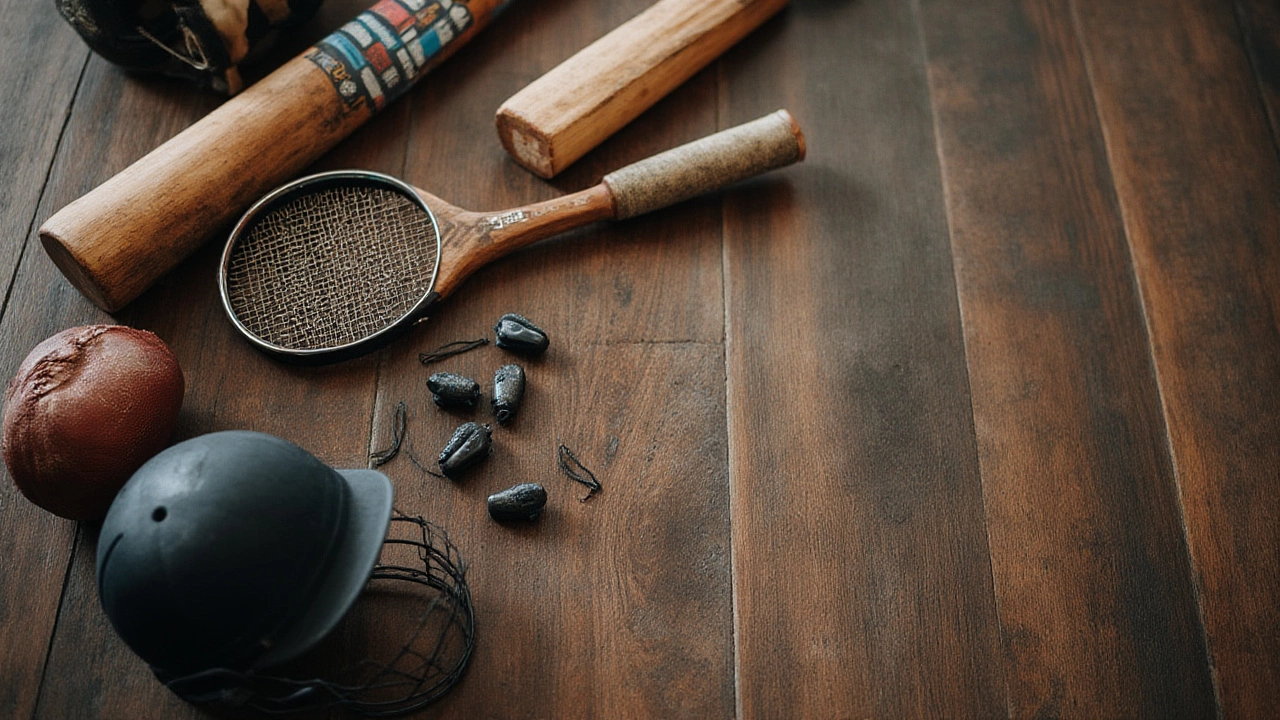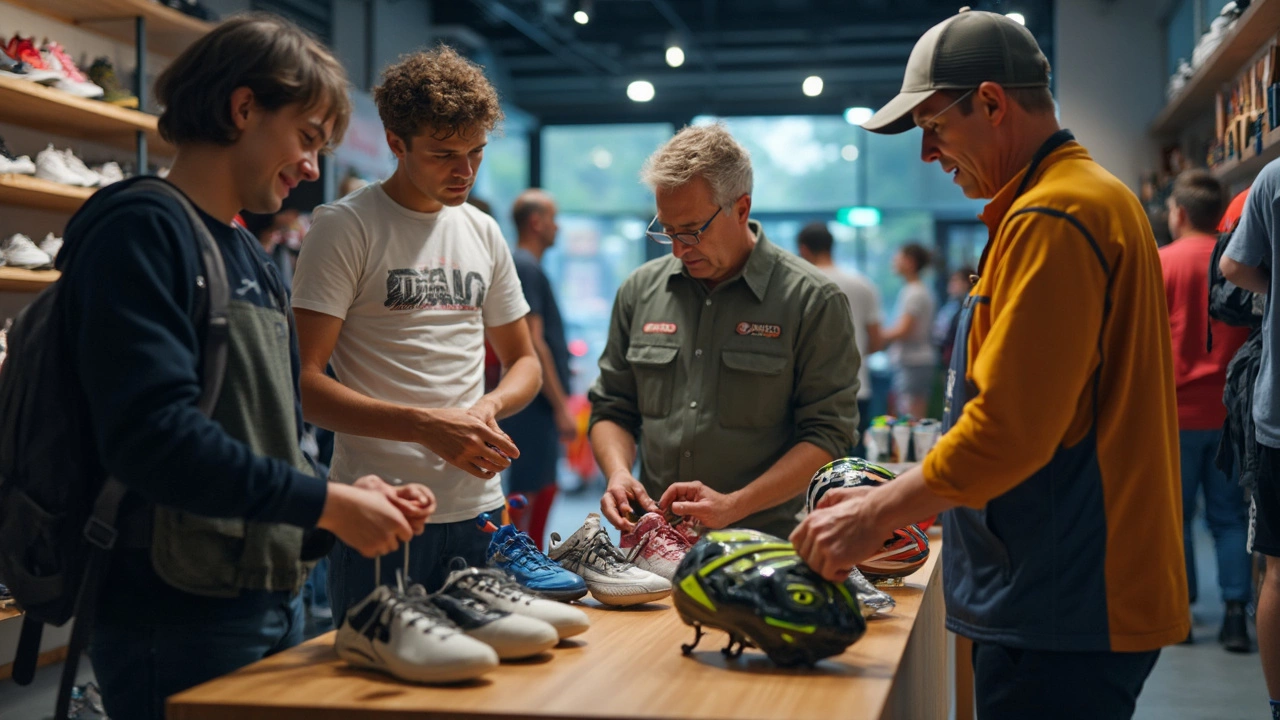Safety in Sports: Practical Tips to Keep You Playing Longer
Everyone loves the rush of competition, but none of it matters if you end up on the sidelines with an injury. The good news is that staying safe isn’t about being scared – it’s about using simple habits that protect your body while you have fun. Below you’ll find the core steps you can take right now, no matter if you’re hitting the gym, the rugby field, or the boxing ring.
Gear Up Right
First thing’s first: wear the right equipment. It sounds obvious, but many athletes skip this step to save time or money. A well‑fitted helmet, proper shin guards, or a pair of quality running shoes can be the difference between a quick bruise and a broken bone. Check the gear before every session – look for cracks, loose straps, or worn‑out padding. If you’re unsure, ask a coach or shop staff to test the fit. For contact sports like rugby and boxing, the rules even list illegal hits and illegal punches; following those rules means you and your opponent stay safer.
Train Smarter, Not Harder
Too much intensity, too fast, can backfire. Build your routine around gradual progress. Warm‑up for at least five minutes with dynamic moves that mimic the activity you’ll do – leg swings for soccer, arm circles for basketball. After the main workout, do a cool‑down stretch to keep muscles flexible. When you’re planning long gym sessions, remember that two hours a day isn’t necessary for most goals; a focused 45‑minute session can deliver better results and lower fatigue‑related injuries.
Listen to your body. A twinge in the knee or a sore shoulder isn’t something to push through. Rest, ice, and gentle movement usually clear minor issues. If pain persists, see a physiotherapist before it becomes chronic. This advice applies across the board – whether you’re chasing a marathon, cycling a steep hill, or perfecting a boxing jab.
Practice the rules of your sport. In boxing, illegal punches such as hitting the back of the head can cause serious concussion. Knowing the legal punch combinations (like the classic 1‑2‑3) not only improves your performance but also keeps you and your opponent safe. In rugby, understanding the five essential rules – like tackling below the shoulder – reduces the chance of neck or spinal injuries.
Stay hydrated and fuel right. Dehydration makes you dizzy, which can lead to falls or bad form. Drink water before, during, and after activity, and snack on carbs and protein to keep energy steady. A balanced diet supports stronger bones and faster recovery.
Finally, get enough sleep. Recovery happens while you rest, and lack of sleep raises injury risk by impairing coordination and reaction time. Aim for 7‑9 hours on training days.
By combining proper gear, smarter training habits, rule knowledge, and good recovery practices, you’ll enjoy sports longer and avoid the setbacks that keep you off the field. Stay safe, stay active, and keep having fun.
Key Characteristics of Sports Equipment: What Sets Quality Gear Apart

Discover what truly defines sports equipment, the differences in materials, how design impacts performance, and why proper gear matters more than you think.
What is Required in Sports Equipment? Simple Must-Haves for Every Athlete

Getting into any sport means picking the right gear, not just for performance, but for safety and comfort too. From shoes that actually fit your feet to helmets that pass real impact tests, the right equipment makes a world of difference. This article breaks down what you really need in your sports bag and why quality matters more than just brand names. You'll get straightforward tips to help you choose gear that helps, not hinders, your game. Whether you're just starting or looking to upgrade, this guide keeps you from wasting time—or money—on stuff you don't need.
Sports Equipment: What Do You Need to Get Started (and Stay Safe)?

Getting into sports can feel overwhelming when you look at the list of gear out there, but you don’t need everything at once. This article breaks down what’s truly necessary for beginners and those getting more serious, from footwear to protective gear. It covers how the right equipment keeps you safer, boosts your performance, and even saves money in the long run. Get real-life tips and honest advice from a parent's perspective. Find out how to pick what matters most so you can focus on playing, not shopping.
